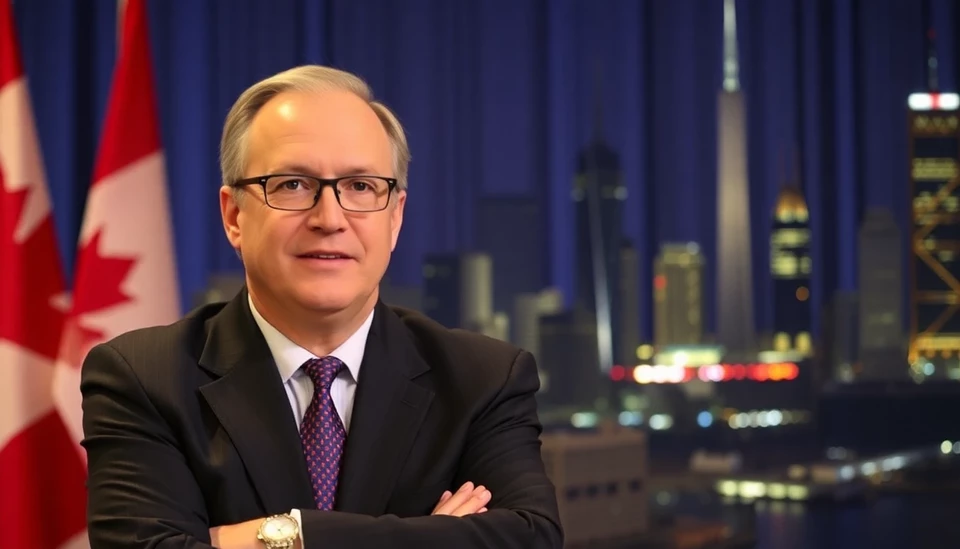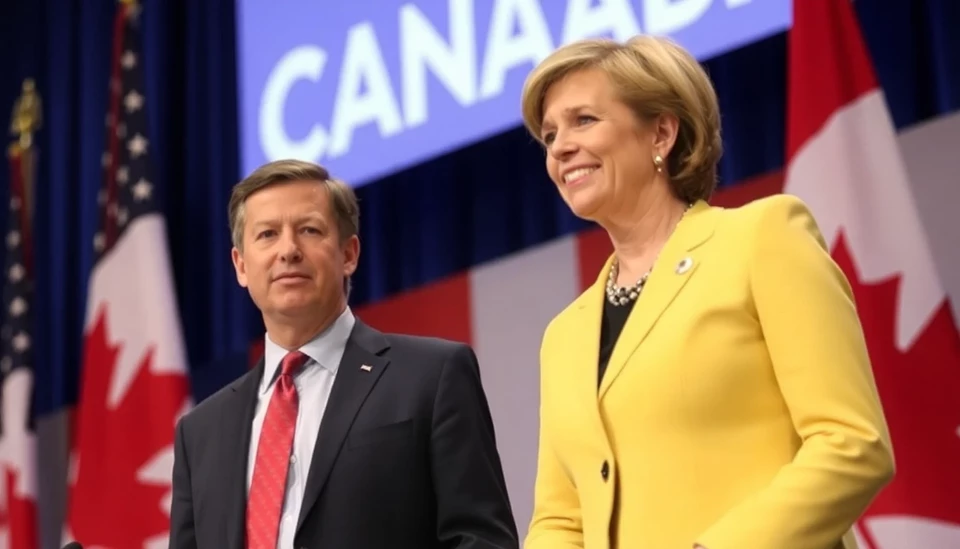
In an insightful statement delivered to the public, renowned economist David Rosenberg cautioned Canada against engaging in a trade war that it is unlikely to win. Speaking at an economic conference, Rosenberg emphasized the importance of maintaining strong trade relations, especially given the current economic climate influenced by global supply chain disruptions and intensifying geopolitical tensions.
Rosenberg’s comments reflect a broader concern among economic experts about the fragility of Canada’s economy, which relies heavily on trade with its closest partners, including the United States. With the U.S. being Canada’s largest trading partner, any aggressive tariff measures or retaliatory actions could lead to unfavorable consequences that would cascade through various sectors of the Canadian economy.
The economist pointed out that Canada is in a unique position compared to larger economies like the U.S. or China. While these countries can impose tariffs and withstand blowback due to their considerable market size and diversified economies, Canada’s comparatively smaller economy makes it vulnerable to the repercussions of such conflicts.
Rosenberg articulated that pursuing a trade war could not only disrupt the flow of goods and services but also hinder Canada's economic growth prospects, which are already challenged by inflationary pressures and rising interest rates. By escalating tensions, Canada risks alienating its key trading partners and destabilizing the trading environment that has been cultivated over decades.
Furthermore, he highlighted the potential for negative impacts on Canadian consumers who may face increased prices on imported goods should tariffs be implemented. The long-term consequences could extend well beyond immediate economic metrics, affecting employment rates and the financial well-being of families across the country.
As Nova Scotia and British Columbia have recently started experiencing the effects of a trade dispute over softwood lumber, Rosenberg's remarks underline the need for a more diplomatic approach to trade negotiations. He advocates for finding solutions that benefit all parties rather than aggravating existing tensions that could lead to a full-blown trade war.
In conclusion, David Rosenberg's message is clear: Canada should tread carefully in its trade relations and seek collaborative, rather than confrontational, paths to resolving disputes. The stakes are high, and the potential fallout from a miscalculated move could profoundly reshape the Canadian economic landscape.
#Canada #TradeWar #DavidRosenberg #Economy #TradeRelations #SoftwoodLumber #GlobalEconomy
Author: Rachel Greene




